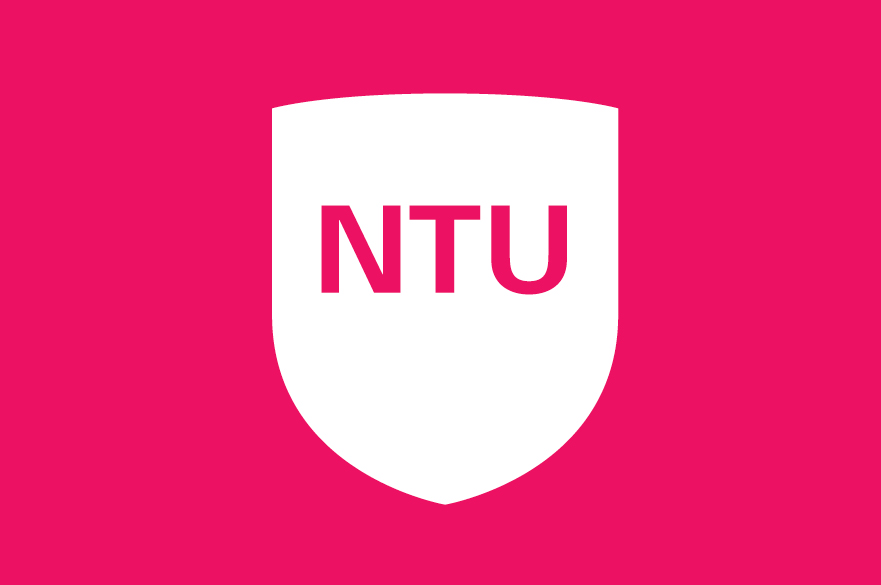Overview
This project investigates the influence of religious and cultural values on corporate greenwashing in China, leveraging Neo-institutionalism and possibly through the lens of institutional incongruence, to understand the interplay between the dynamics of deeply rooted religious and cultural values and corporate behaviour. Purpose: To explore how deep-rooted religious and cultural values serve as informal institutions that directly or indirectly shape corporate environmental strategies and practices in China.
Specific Objectives/Research Questions:
1. Explore the wider interactive contexts and distinct dynamics among China's religious and cultural beliefs in the scope of corporate practices.
2. Assess how such non-codified norms and practices influence corporate environmental strategies and compliance with sustainability standards.
3. Explore how Neo-institutional theory or institutional incongruence can help to explain the persistence of greenwashing despite formal environmental regulations.
Significant contribution:
The project will illuminate the critical role of informal institutions like religious beliefs and values, as described by Neo-institutionalism, in shaping corporate behaviour in the context of greenwashing, yielding a new perspective on the discrepancies between public environmental commitments and actual corporate actions.
PhD Candidate Aims:
The candidate will apply Neo-institutional theory and possibly use interdisciplinary methods to assess how non-codified norms impact corporate environmental policies in China. This study will provide a nuanced understanding of how deeply rooted values may co-exist or override formal directives, influencing corporate behaviours and potentially offering strategies to mitigate greenwashing.
Alignment with NTU’s Strategic Research Themes:
Safety and sustainability: By focusing on the intersection of religious beliefs, corporate behaviour, and sustainability, this project directly contributes to NTU’s efforts in promoting sustainable business practices and enhancing civic security. It aims to show how ethical guidance rooted in traditional beliefs can lead to more sustainable and safe business practices, reflecting the university’s commitment to integrating sustainability and security in its research outlook. .
Nottingham Business School is triple crown accredited with EQUIS, AACSB and AMBA – the highest international benchmarks for business education. It has also been ranked by the Financial Times for its Executive Education programmes in 2023 and 2024. NBS is one of only 47 global business schools recognised as a PRME Champion, and held up as an exemplar by the United Nations of Principles of Responsible Management Education (PRME).
Its purpose is to provide research and education that combines academic excellence with positive impact on people, business and society. As a world leader in experiential learning and personalisation, joining NBS as a researcher is an opportunity to achieve your potential.
Applications for October 2025 intake closes on 1st July 2025 and applications for Jan 2026 intake closes on 1st October 2025.
Suggested reading:
Chen, M., Xiao, J.Z., and Zhao, Y., (2021) Confucianism, successor choice, and firm performance in family firms: Evidence from China. Journal of Corporate Finance, 69, 102023.
de Freitas Netto, S. V. et al., (2020) Concepts and forms of greenwashing: a systematic review. Environmental sciences Europe. 32 (1).
Li, J., Zhai, S., and Li, X., (2023). Religion and enterprise pollution behavior: Evidence from China. Journal of Cleaner Production, 384, 135454.
Yang, F., (2011) Religion in China: Survival and Revival under Communist Rule. 1st edition. United Kingdom: Oxford University Press
Staff profiles
Entry qualifications
Given this project's intersection of economics and sociology, an interdisciplinary approach will be highly beneficial. Therefore, a relevant master's or higher degree in economics or sociology would be advantageous. Statistical analytical skills will be highly desirable for this project, as the quantitative research methodology will rely on statistical analysis and data collection/modelling techniques.
To successfully undertake this project, the researcher should also have a basic understanding of, or the ability to understand, Chinese cultural and religious traditions and their integration into modern business practices.
UK: Successful applicants for the PhD in Nottingham Business School normally hold a first or upper second-class honours degree from a UK university or an equivalent qualification. Candidates with a lower second-class degree may apply if they hold a Master’s degree at Merit level or higher.
International: Successful applicants for the PhD in Nottingham Business School normally hold a first or upper second-class honours degree from a UK university or an equivalent qualification.
International students will also need to meet the English language requirements - IELTS 6.5 (with minimum sub-scores of 6.0). Applicants who have taken a higher degree at a UK university are normally exempt from the English language requirements. Applicants who do not meet the English language proficiency requirement will normally be asked to complete an English Language course.
How to apply
Applications for October 2025 intake closes on 1st July 2025 and applications for Jan 2026 intake closes on 1st October 2025.
Please visit our how to apply page for a step-by-step guide and make an application.
Fees and funding
This is a self-funded PhD project for UK and International applicants.
Guidance and support
For more information about the NBS PhD Programme, including entry requirements and application process, please visit: https://www.ntu.ac.uk/course/nottingham-business-school/res/this-year/research-degrees-in-business
Nottingham Business School is triple crown accredited with EQUIS, AACSB and AMBA – the highest international benchmarks for business education. It has also been ranked by the Financial Times for its Executive Education programmes in 2023 and 2024. NBS is one of only 47 global business schools recognised as a PRME Champion, and held up as an exemplar by the United Nations of Principles of Responsible Management Education (PRME).
Its purpose is to provide research and education that combines academic excellence with positive impact on people, business and society. As a world leader in experiential learning and personalisation, joining NBS as a researcher is an opportunity to achieve your potential.
